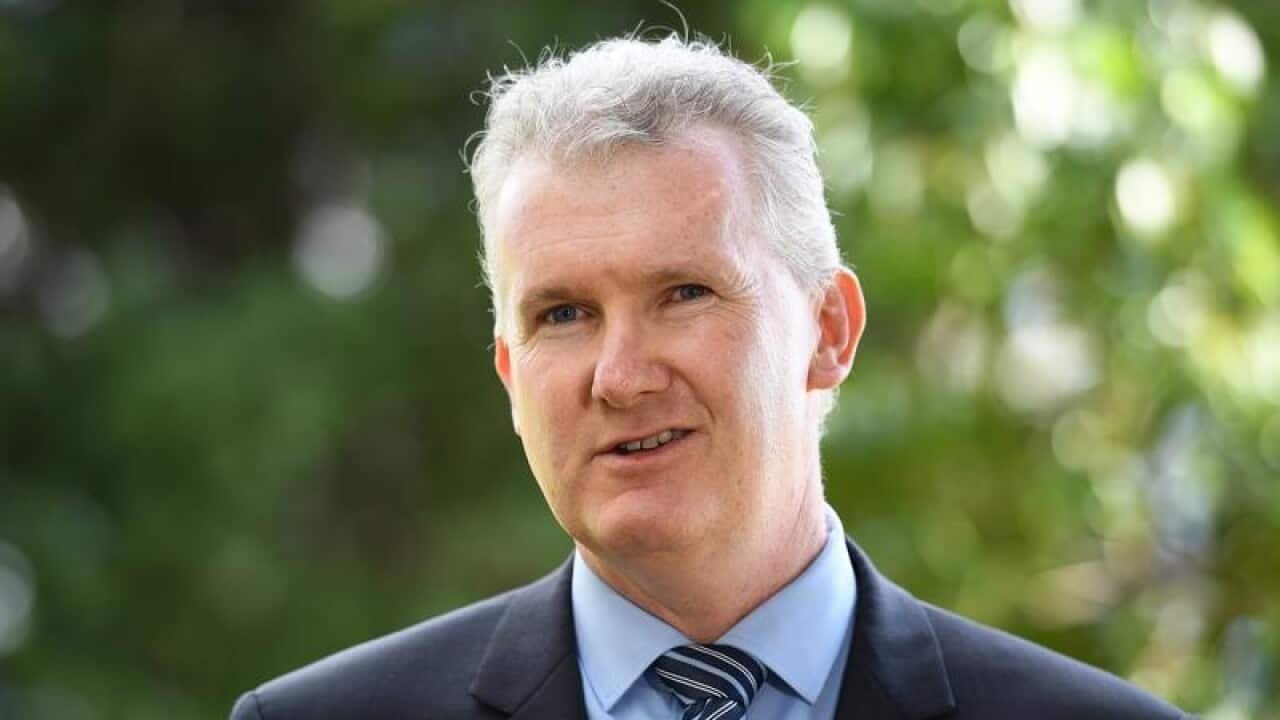The social services minister's powers to decide how much money is put on cashless welfare cards for Northern Territory recipients needs to be clearer, a government-dominated Senate committee says.
The Senate's community affairs committee has on Thursday released its report on the government's bid to extend the cashless welfare card rollout in the Northern Territory and in Queensland's Cape York area.
Many people in those areas are already on the Basics card - another income management tool - and would move on to the cashless debit card over a nine-month period starting next year.
But a section of the bill - only for the NT - has raised concerns with the committee. Its wording gives the minister broad powers to decide how much welfare is quarantined, as much as 100 per cent.
The Department of Social Services needs to clarify what the minister's powers are before the bill is passed, the committee says.
The ministerial powers are intended to be linked to a community's request to increase the portion of welfare payments placed on restrictive debit cards.
The cards quarantine 80 per cent of Centrelink payments so the money can only be spent on essential items, rather than alcohol or gambling.
About 6000 welfare recipients in the Queensland cities of Bundaberg and Hervey Bay are already on the card, which has been rolled out in the area since January.
They are also being trialled in Kununurra, the Goldfields in Western Australia and Ceduna in South Australia.
The legislation that was scrutinised by the committee also extends the "trial" in most areas to the end of June 2021, except for Cape York which would run to the end of that year.
Labor senators oppose the bill, saying there's no proof the cards are reducing harmful alcohol and substance use.
The Australian Greens are also against it, with committee's deputy chair, Senator Rachel Siewert, saying it's shameful the government hasn't listened to evidence warning against the cards.
"The government's paternalistic approach to income management is further evident through the short inquiry process and absence of hearings in remote communities in the Northern Territory, Cape York or the East Kimberley," she said.
"The government is ignoring calls from first nations peoples for meaningful co-design, self-determination and collaboration on measures that affect their lives."



